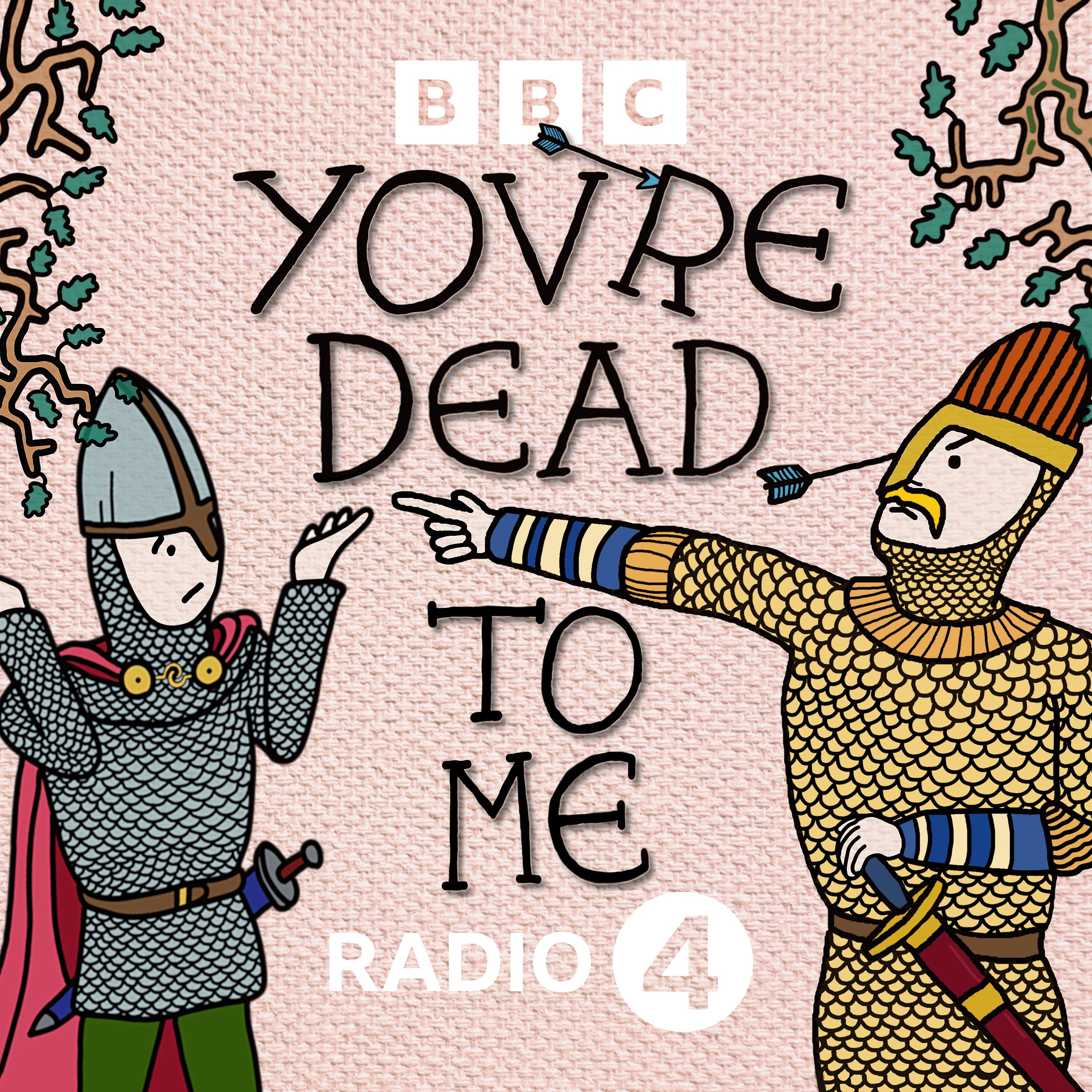
The Arts and Crafts Movement (Radio Edit)

You're Dead to Me
Deep Dive
- Reaction against the Industrial Revolution
- Emphasis on traditional handicrafts
- Accessibility of art and beautiful homes
- Inspiration from the medieval world
- Championing craftsmanship
Shownotes Transcript
Greg Jenner is joined in Victorian England by Dr Isabella Rosner and comedian Cariad Lloyd to learn all about the ethos, practitioners and creations of the Arts and Crafts movement.
Most people have heard of William Morris, one of the leaders of the Arts and Crafts movement that came to prominence in England in the last decades of the 19th Century. His abstract, nature-inspired designs still adorn everything from wallpaper and curtains to notebooks and even dog beds. And the company he founded, Morris & Co., is still going strong. But the history of this artistic movement, and the other creatives who were involved, is less well known.
Arts and Crafts, which advocated a return to traditional handicrafts like needlework, carpentry and ceramics, was a reaction to the Industrial Revolution and included a strong socialist vision: its practitioners wanted everyone to have access to art, and to be able to enjoy homes that were comfortable, functional and beautiful. This episode explores Morris and other creatives both in and outside his circle, including Edward Burne-Jones, May Morris, Gertrude Jekyll and Philip Webb. It looks at the ethos that inspired them, the homes and artworks they created, and asks how radical their political beliefs really were.
This is a radio edit of the original podcast episode. For the full-length version, please look further back in the feed.
Hosted by: Greg Jenner Research by: Jon Norman-Mason Written by: Emmie Rose Price-Goodfellow, Emma Nagouse, and Greg Jenner Produced by: Emmie Rose Price-Goodfellow and Greg Jenner Audio Producer: Steve Hankey Production Coordinator: Ben Hollands Senior Producer: Emma Nagouse Executive Editor: James Cook